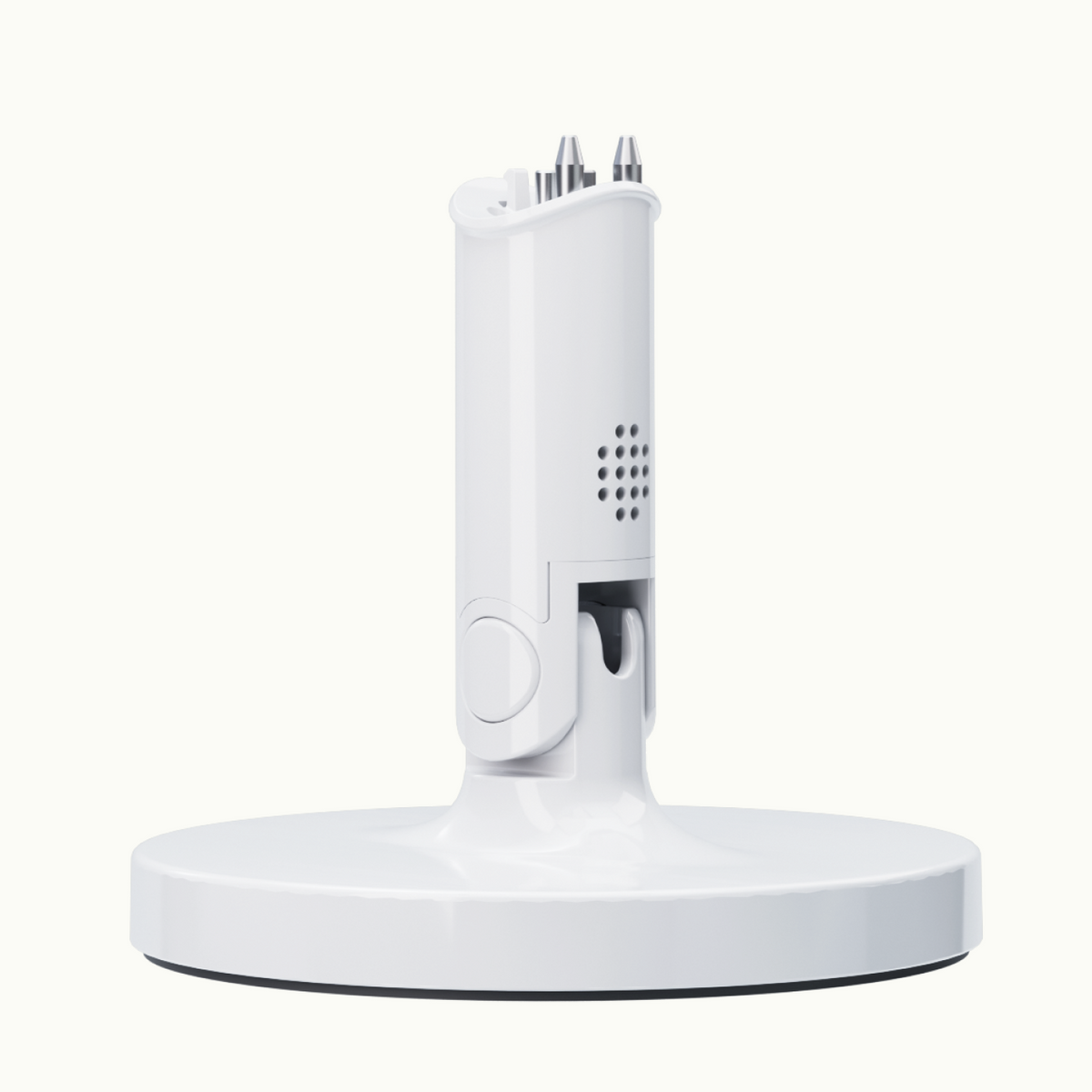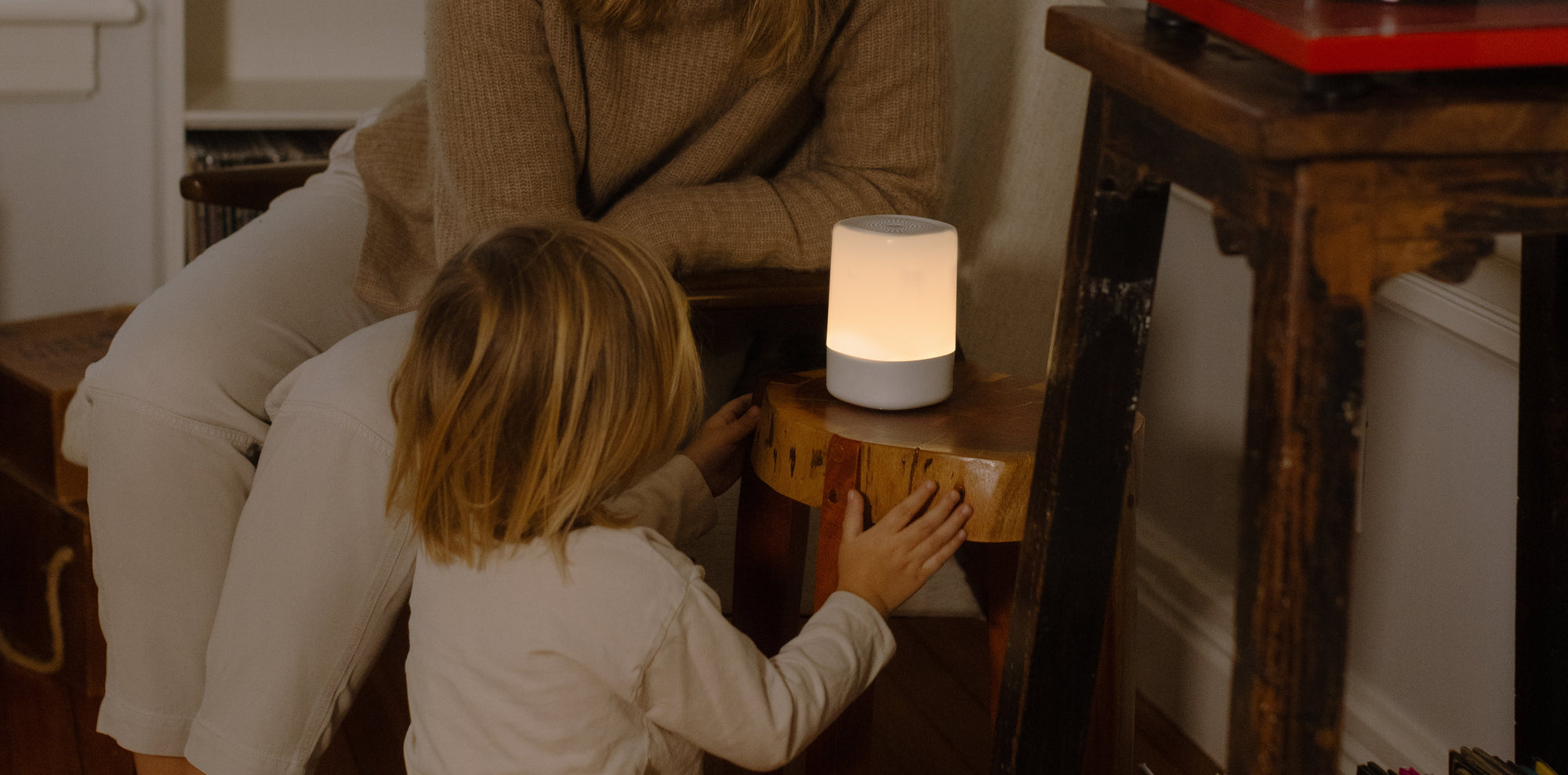23 Month Old Nap Schedule:
Your baby is most likely pretty solidly on one nap a day. It can be nice to think of the day in three parts at this stage – morning, nap and afternoon. The morning might include a fun activity like a playdate, playgroup or playground visit, then home for lunch and a nap and then out again for more fun in the afternoon if everyone is up for it! Enjoy that luxurious nap time and catch up on something fun for yourself – everyone needs a rest in toddler-world! Your baby might be starting to resist bedtime a little. This might be because they are napping too long during the day. You might need to cap the nap at 1.5 hours (or even less) to ensure that your baby is ready for bed at night.
23 Month Old Feeding Schedule:
Most babies of this age love solid foods. While they may be drinking cow’s milk, they shouldn’t be ingesting more than 20 ounces a day. If your baby is drinking more than 20 ounces of cow’s milk, take it as a sign that they may need more solid food, which should be the main source of their nutrients, especially as they near their second birthday. Three meals a day should now be commonplace in your baby’s daily routine, with each day providing more information about your baby’s flavor and texture preferences. Have some fun by experimenting with various food flavors, textures, and combos your baby might enjoy.
How Long Should A 23 Month Old Sleep?
Your little one should be sleeping around 11-12 hours each night, and 1-2 hours during the day. They may start to experience the unpleasantness of nightmares and a fear of the dark, which can be soothed by a nightlight. Find a nightlight in a soothing shape and color, and make sure that it’s bright enough to gently illuminate the room, without being too distracting.
Resist the urge to transition baby to a toddler bed as the positive and calming associations they’ve likely developed with their crib allows for more restful sleep, helping to create a more dynamic relationship between baby and family.
23 Month Schedule
|
Wake 6:30 AM |
If you haven't already, consider combining your baby's milk feed and breakfast so that they happen at the same time. You may even wish to include your baby in your family's meal! |
|
Breakfast 7:30 AM |
Someone is very hungry and ready to eat all the solid foods! Some great options for this meal: oatmeal, avocado on toast fingers, toast fingers with butter, scrambled eggs, and really anything else you can think of that would make your baby's tummy happy, so long as it isn't too hard for them to chew! |
|
Snack (Optional) 10:00 AM |
Your baby might appreciate a small snack between breakfast and lunch, but nothing to heavy! |
|
Lunch 12:00 PM |
A solid lunch will be welcome after a busy morning. They're probably self-feeding, too, which is amazing! Keep the morning snack light so as not to interefere with this meal, which may start slightly earlier now that they've transitioned to one nap a day. |
|
Nap time 12:30 PM - 2:30 PM |
Your baby will love this afternoon nap, especially after their awesome lunch. Don't let them sleep for more than 2 hours! |
|
Milk Feed 2:30 PM |
A quick feed after the afternoon nap will be nice for your baby. |
|
Snack (Optional) 4:00 PM |
It's not quite dinnertime, and your baby may be a bit hungry between lunch and the final meal of the day. Keep it light and portable (so you can give them their snack on the go if you're out and about) — try something like cucumber slices, a banana, apples with peanut/almond butter, a handful of berries, a clementine, a mini whole wheat bagel with peanut/almond butter, or a hard boiled egg. Get creative! |
|
Dinner 5:00 PM - 5:30 PM |
Lots of flavors and textures from solid foods at this age, especially as they become your baby's main source of nutrition. Self-feeding is becoming a regular occurrence, too! |
|
Bath 6:00 PM |
Splish-splash! It's time for a bath! |
|
Milk Feed and Book 6:15 PM |
At this age, a bedtime milk feed is optional. Your baby is getting most of their daily nutrition from solid foods during meals. |
|
Bedtime 6:30 PM |
Time for bed. Sweet Dreams! |






